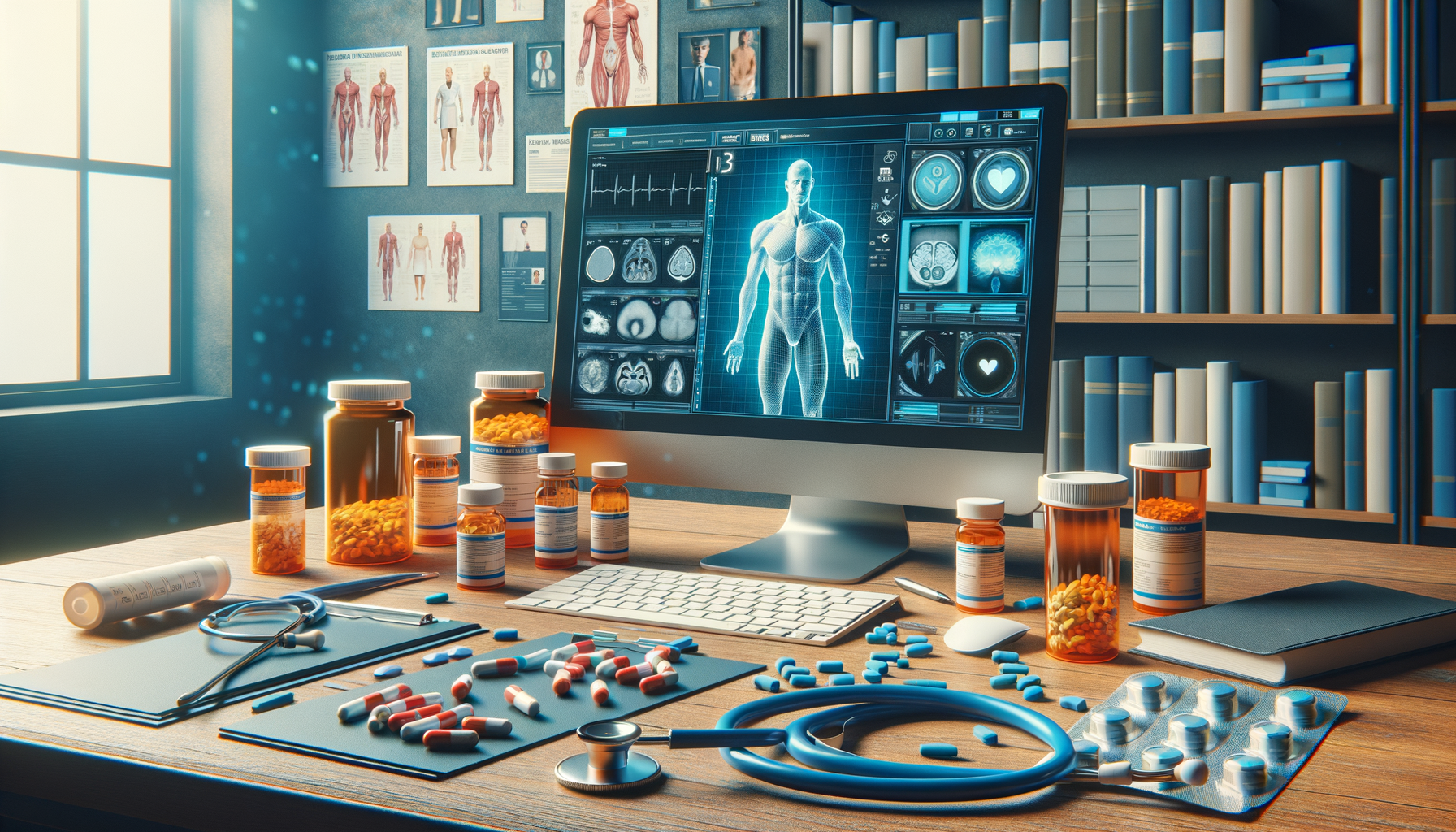Exploring Trusted Approaches to Erectile Dysfunction Treatment
Erectile dysfunction is a common condition that many men face, but treatment options are available. This article explores medically reviewed and accessible approaches that support men in managing ED safely and discreetly.

Understanding Erectile Dysfunction: Causes and Impact
Erectile dysfunction (ED) is a condition that affects a significant number of men globally, impacting not only their physical health but also their emotional well-being. Understanding the causes and effects of ED is crucial in addressing this condition effectively. ED can stem from various factors, including physical, psychological, and lifestyle-related issues.
Physical causes are often linked to underlying health conditions such as diabetes, heart disease, and obesity. These conditions can affect blood flow or nerve function, leading to difficulties in achieving or maintaining an erection. Psychological factors, such as stress, anxiety, and depression, also play a significant role in ED. These mental health issues can interfere with sexual arousal and performance.
The impact of ED extends beyond the individual, affecting relationships and self-esteem. Men experiencing ED may feel embarrassed or frustrated, which can lead to avoidance of intimacy and strain on partnerships. Understanding these aspects is vital for developing a comprehensive approach to treatment.
Medically Reviewed Treatments for Erectile Dysfunction
When it comes to treating erectile dysfunction, a range of options is available, each offering distinct benefits. Medically reviewed treatments often provide a reliable foundation for managing ED effectively. These treatments include oral medications, injections, vacuum erection devices, and surgical options.
- Oral Medications: These are commonly prescribed for ED and include phosphodiesterase type 5 inhibitors. They work by enhancing the effects of nitric oxide, a natural chemical that relaxes muscles in the penis, increasing blood flow.
- Injections: Administered directly into the penis, these medications can produce an erection quickly and are effective for many men who do not respond to oral medications.
- Vacuum Erection Devices: These devices create a vacuum that pulls blood into the penis, inducing an erection. They are a non-invasive option that can be used alongside other treatments.
- Surgical Options: In cases where other treatments are ineffective, surgical interventions such as penile implants may be considered. These provide a permanent solution for achieving erections.
Each treatment has its considerations, and consulting with a healthcare professional is essential to determine the most appropriate option based on individual health needs and preferences.
Lifestyle Changes and Alternative Therapies
In addition to medical treatments, lifestyle changes and alternative therapies can play a supportive role in managing erectile dysfunction. Adopting healthier habits can improve overall well-being and enhance treatment outcomes.
Key lifestyle changes include:
- Regular Exercise: Engaging in physical activities like walking, jogging, or strength training can improve cardiovascular health and boost blood flow, positively affecting erectile function.
- Healthy Diet: Consuming a balanced diet rich in fruits, vegetables, whole grains, and lean proteins supports vascular health and reduces the risk of conditions that contribute to ED.
- Stress Management: Techniques such as yoga, meditation, and deep breathing exercises can help reduce stress and anxiety, which are known contributors to ED.
- Quitting Smoking and Limiting Alcohol: Both smoking and excessive alcohol consumption can impair blood flow and nerve function, exacerbating ED symptoms.
Alternative therapies, such as acupuncture and herbal supplements, are also explored by some individuals. While evidence on their efficacy is mixed, they may offer additional support when used alongside conventional treatments. It is crucial to discuss these options with a healthcare provider to ensure they are safe and appropriate.